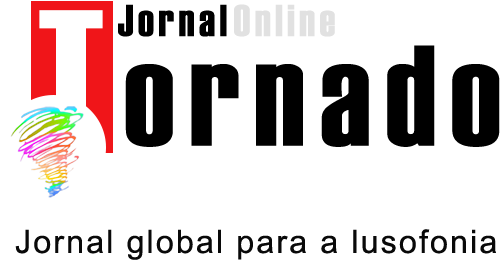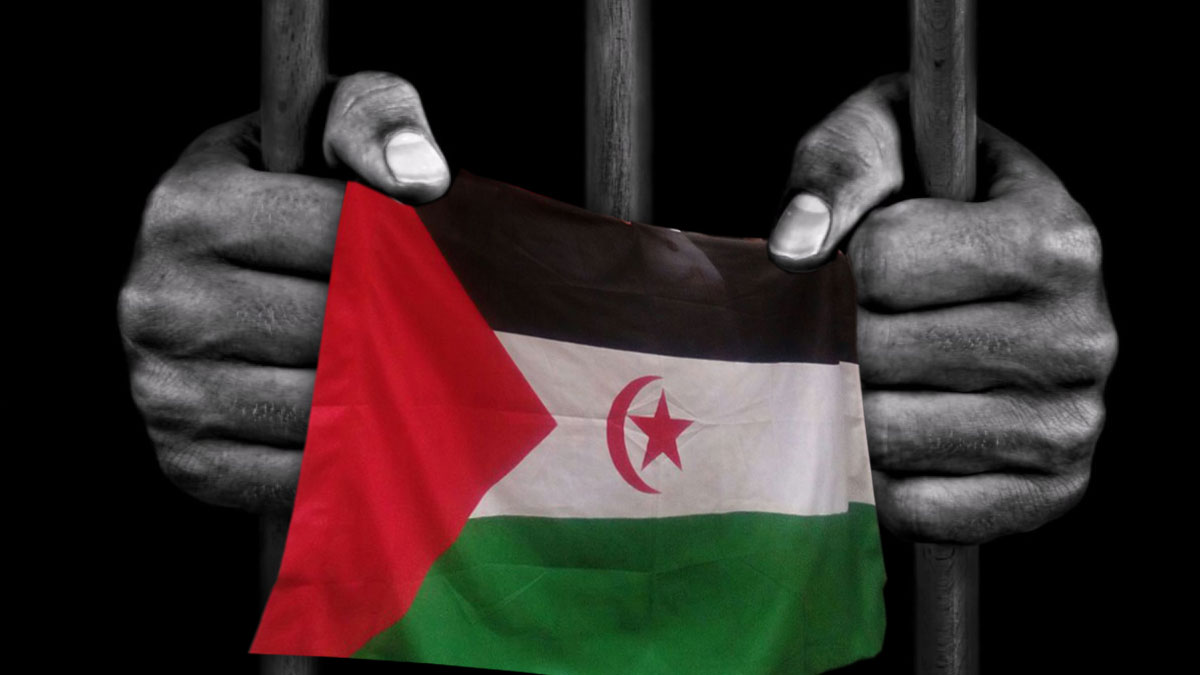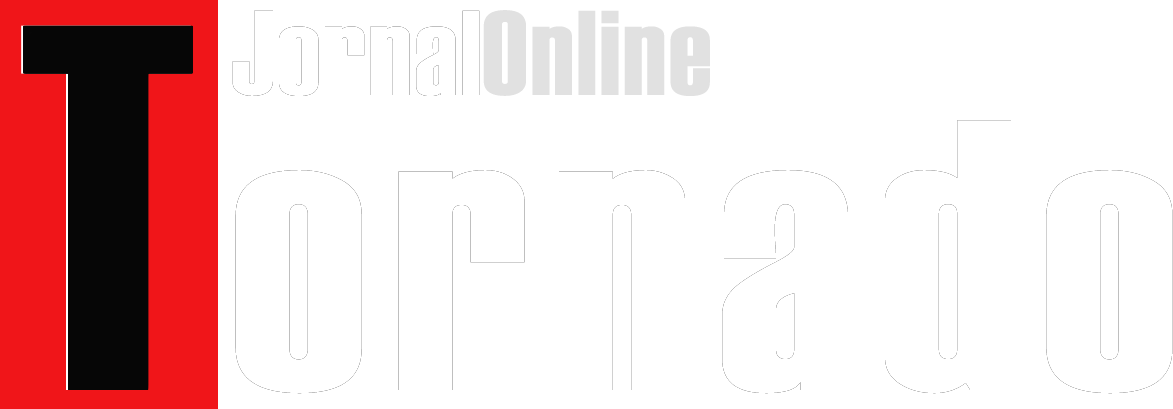I tell my story in the hope that you will hear me. I am just an example of all the Saharawi. My voice will be these words.
Letter from prison
El Arjat Prison, Rabat, Morocco
I tell my story in the hope that you will hear me. I am just an example of all the Saharawi. My voice will be these words.
I am Sidi Abdallah Abahah, I am 42 years old and I am a Saharawi. When I was born, my country was a Spanish colony. After being abandoned by Spain was invaded by Morocco by the north and the south by Mauritania. The Polisario Front led the fight against the Mauritanian attack, and after four years, Mauritania signed a peace agreement that recognizes the right of the Saharawi people and their state. Meanwhile, Morocco continued to invade the territory.
After 16 years of war between the Polisario Front and Morocco, the parties signed the ceasefire agreement, which should have culminated in the referendum on self-determination of the Saharawi people in 1991.
Until 1991 I lived in the middle of the war, I saw my father and many of my relatives die. Live people were thrown out from airplanes and others were buried alive in mass graves. I have never seen many of my relatives because they fled, miles on foot, to Algeria escaping the shelling of white phosphorus and napalm. There, in the desert of death, Hamada, they built refugee camps. In the early 1980s, Morocco began to build the first wall, which in the following years was joined with five others, to build the world’s largest military wall in seven years: a wall of 2,720 kilometres that divides the Western Sahara from north to south and guarantees its occupation. The wall is a daily threat to the lives of Saharawi civilians: children, shepherds and even cattle. It has more than 200,000 soldiers, it has tanks, drones, satellites, all they can imagine, and from one side to the other, the largest land mines and the largest number of mines per capita in the world.
In 1991 the Polisario Front was winning the war and a ceasefire was negotiated under the auspices of the United Nations. We believed that soon we would have our freedom, our homeland and our natural resources, that soon we would be able to live in peace and together.
Unfortunately and since then, years go by and the Kingdom of Morocco does not honour the agreement, and the Moroccan authorities continue to disrespect the rights and dignity of the Saharawi, subjecting them daily to the most vile occupation and plundering of our natural resources. Men, women, children and the elderly are beaten, tortured and raped by Moroccan police and military personnel. We are victims of social, economic and political apartheid, our families living separate between the Saharawi refugee camps of Tindouf and the occupied territories of Western Sahara. I was forced to emigrate illegally to earn a living. I did not study, I hated the school where every day the Sahrawi are discriminated against, where the children are forced to sing the Moroccan anthem, where they beat us and call us “filthy Sahrawi”. The schools seem military barracks, have no colour, have no joy, surrounded by police vans of intervention that, at the outset, mistreat Saharawi children to their advantage. My trip in a “patera” (illegal boat) was the same as what you see every day on your television: cold, fear, waves, and maritime police.
I arrived in Spain, a country that sold me, abandoned me (like all the Saharawi), the country that had robbed us for years and now had the opportunity to exploit me as a cheap labour force. The cycle has no end. I worked in the fields, in construction sites, in hotels, always with the eagerness to return to my land, to my family. I had to beg the right to residence papers to the same country that for years has forced us to be Spanish and now refuses us nationality.
In 2005 we started the peaceful intifada and we continued to be tortured, kidnapped, anything you can imagine but the international silence, the absolute isolation has remained until today. Years later I returned to El Aaiun, I returned to my family of more than thirty years, without children, without woman, without future.
On 10 October 2010, over 30,000 Sahrawi and I started a protest camp (the Camp of Gdeim Izik) in Western Sahara, on the outskirts of El Aaiun. This peaceful camp remained until the early hours of 08 November, when the Moroccan authorities violently dismantled the camp. During the whole time that we were at the camp, we tried to negotiate a peaceful solution with the Moroccan government. On 24 October, the Moroccan authorities broke the ceasefire, killing Nayem Elgarhi, a 14-year-old Saharawi, and wounding his sister and two other Saharawi. Noam Chomsky called the protest camp of Gdeim Izik, the beginning of the Arab Spring.
I participated in this camp and in the aftermath of its brutal dismantling, after which hundreds of Sahrawi were detained. The Moroccan authorities kidnapped me and my ordeal in the hands of the Moroccan justice began.
I suffered all kinds of torture. I was having tea when twenty armed men entered the house on November 19, 2010, at 12 noon. They took me to a place (I do not know which) where I was placed in a room with 25 policemen and tortured without interruption for eight hours. For days, weeks, months, I was tortured in every imaginable way, without clothing, barefoot, without food or water. I was placed in the position “Dajaja” (like a grilled chicken), I was beaten and they put me on my hands and knees, forbidden to drink or eat for several days, while they burned me with cigarettes and watered me with cold water and pressed a cloth with bleach on nose and mouth. They put cigarettes in my mouth and I was repeatedly sexually molested. I was continually threatened with rape; I was subjected to physical and psychological torture and inhumane treatment for months. The plastic cuffs on my wrists and ankles caused deep cuts, of which I still have scars. They hung me from my feet, upside down. The insults were constant as well as the humiliations. The guards “showered” me with urine and oil from sardine cans. I was in isolation, without light, naked, being flogged, prevented from sleeping and beaten on the soles of my feet.
I am one of the 21 detainees of the so-called Gdeim Izik group, and we were sentenced in February 2013 at a military court in Rabat. I was sentenced to life imprisonment. And then the observers who attended our trial from the first to the last day, sometimes 16 hours in a row, saw the marks of our tortures and watched as my companion Laaroussi was left with his clothes drenched in blood from the wounds he had in the courtroom.
My life story is similar to that of the entire group: we were all tortured, suffered all major humiliations.
I was sentenced to life imprisonment, accused of desecrating a corpse I have never seen, and accused of a crime I could never commit.
The international observers who were present at our trial witnessed first-hand all violations of the law in this process. At this moment we are again being tried, this time in a civil court that is no more than a second version of the first.
In addition to our group there are dozens of Saharawi political prisoners, whose only crime is to have participated in peaceful demonstrations, exposed our national flag or have chanted slogans demanding the self-determination of Western Sahara. We do not accept Morocco’s autonomy plan as a solution. We know that they do not honour any commitment, so we go to the streets every day demanding our land, our freedom. Men, women, children and the elderly are daily on the streets demanding their rights. All Saharawi political prisoners are subjected to inhumane treatment, they are scattered throughout several prisons in Morocco and in Western Sahara.
Since the beginning of 2014, several Saharawi political prisoners have been on hunger strikes, we have nothing to lose, prisons conditions and inhuman treatment are abominable, as well as the lack of medical care after long periods of torture and also for prisoners who have chronic diseases.
Everyone knows that we are innocent, but we are condemned to silence, condemned to be ignore month after month, year after year.
I tell my story in the hope that it can denounce our situation, we need the help of the international community to be our voice since we are doomed to be silent. My story is just one and I wanted to appeal to you to break this silence.
We did not commit any crime, we attack no one, and we are peaceful people with a desire and a unique will, our right to our land, our freedom. We are the last colony of Africa. You Portuguese, Africans, East Timorese, you who know war, you who know the occupation, you who know the suffering, we need your help.
God bless you.
Sidi Abdallahi Abahah




